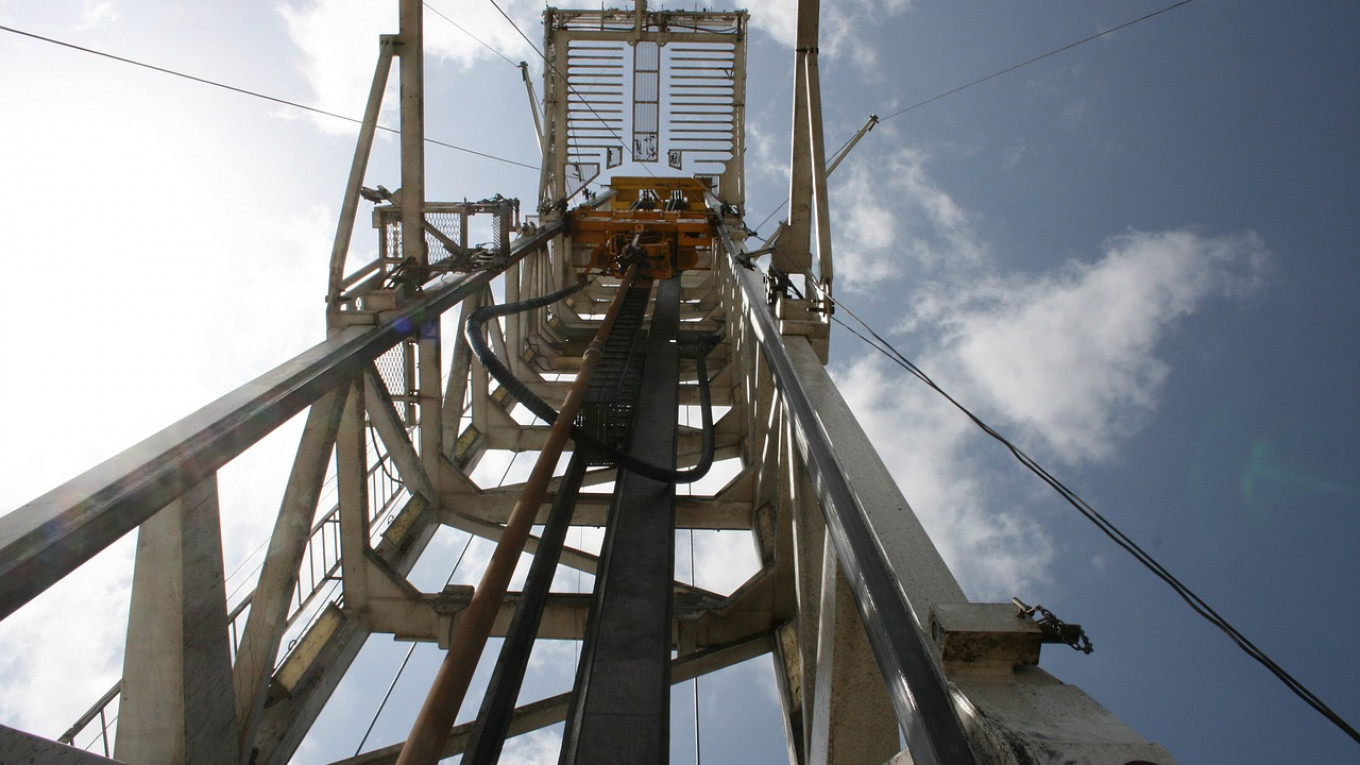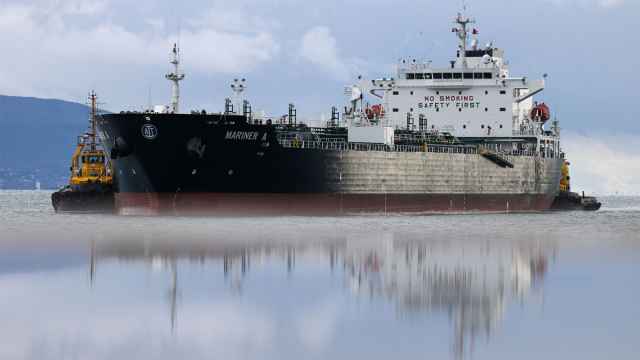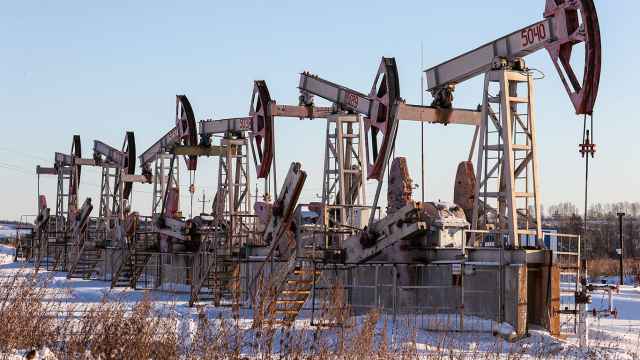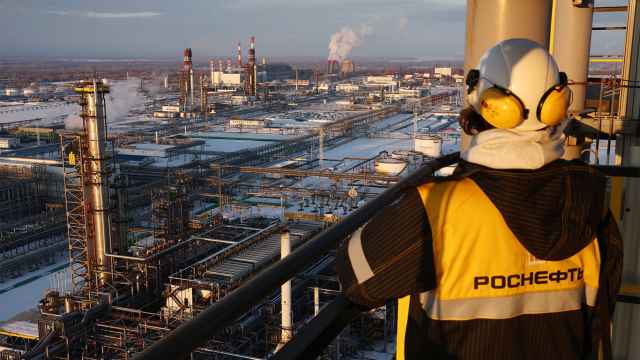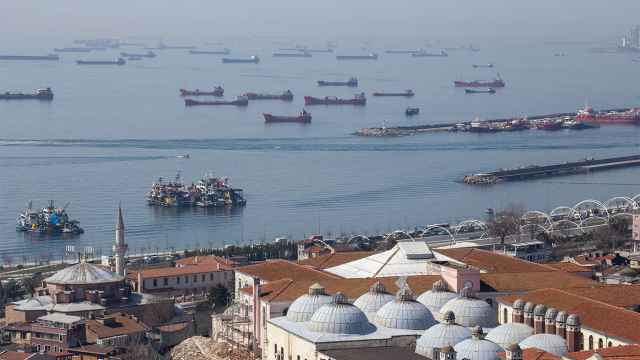Russia will barely have to cut its oil production as part of a new deal to stabilize oil prices agreed Friday with the Organization of Petroleum Exporting Countries (OPEC).
At a two-day meeting at OPEC’s Vienna headquarters, 24 countries accounting for half of the world’s oil output agreed to a new round of production cuts to reduce supply in the market and support oil prices.
The oil producers will now cut production by an extra 500,000 barrels per day (bpd) in the first quarter of next year, on top of the 1.2 million bpd cuts which are already in place.
In addition, Saudi Arabia has itself pledged an additional voluntary cut of 400,000 bpd, meaning the group will be pumping 2.1 million fewer bpd compared to the benchmark October 2018 level.
“This decision is based on extensive analysis. We came to the conclusion that in a period of falling demand, it is necessary to further ensure a reduction in production. In order to balance the market, these additional cuts will be needed,” said Russian energy minister Alexander Novak at a press conference following the conclusion of the meeting in Vienna Friday afternoon.
“Of those cuts, an extra 70,000 bpd will fall on Russia,” he added.
Despite the agreement on extra production cuts, pressure on Russia to reduce output was relieved after it won a major technical concession Thursday over how the cartel measures what counts as output. Gas condensate, which made-up around 8% of Russia’s quota will now be removed from the calculations, freeing-up Moscow to leave its output barely changed.
Russia has been one of the least-compliant parties with the current agreement, under which it should have cut output to 11.2 million bpd. In fact, Russia has been pumping 250,000 bpd over target throughout the third quarter. Even with the extra cuts, excluding gas means Russia is almost hitting its agreed-upon output, Novak told fellow oil ministers in Vienna.
“Russia has struggled to bring its oil production in line with its previous cap, having pumped more than its allotment since August, but with the new quota, the country would have been nearly in compliance in November,” said analysts at ratings agency Standard & Poor’s.
Ahead of the meeting, Russia’s oil producers adopted a tough stance, telling Novak they would refuse to countenance deeper production cuts until the current deal was up for renewal in March 2020.
The new targets will be in force for January, February and March 2020, when the OPEC+ group will hold a fresh high-level meeting to agree on further production targets.
Shares in Russian oil giant Lukoil were up 1%, while state-backed Rosneft climbed 1.4% on confirmation of the deal.
Benchmark prices for Brent crude rose 6% over the course of the meeting in Vienna to stand north of $64 per barrel.
A Message from The Moscow Times:
Dear readers,
We are facing unprecedented challenges. Russia's Prosecutor General's Office has designated The Moscow Times as an "undesirable" organization, criminalizing our work and putting our staff at risk of prosecution. This follows our earlier unjust labeling as a "foreign agent."
These actions are direct attempts to silence independent journalism in Russia. The authorities claim our work "discredits the decisions of the Russian leadership." We see things differently: we strive to provide accurate, unbiased reporting on Russia.
We, the journalists of The Moscow Times, refuse to be silenced. But to continue our work, we need your help.
Your support, no matter how small, makes a world of difference. If you can, please support us monthly starting from just $2. It's quick to set up, and every contribution makes a significant impact.
By supporting The Moscow Times, you're defending open, independent journalism in the face of repression. Thank you for standing with us.
Remind me later.



